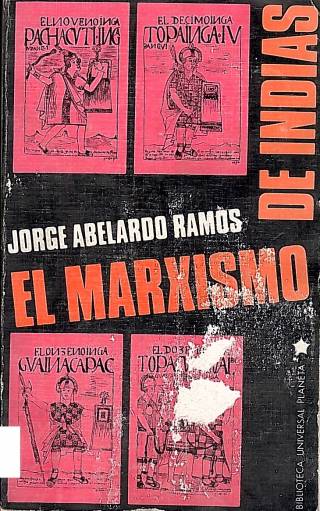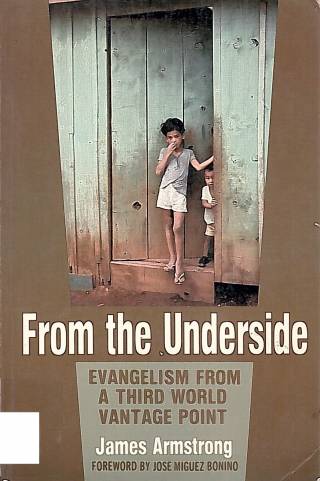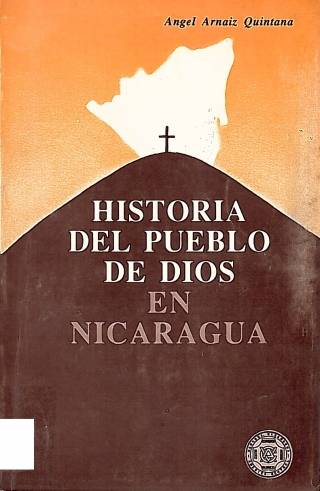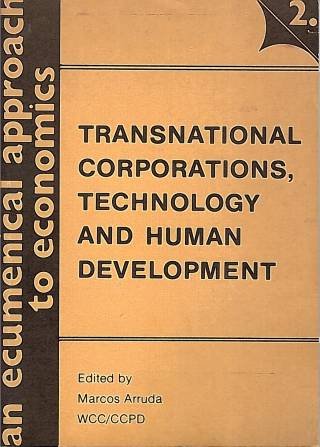El marxismo de Indias / Ramos, Jorge Abelardo - Donación Ana Rita, Carlos, Rubén Pagura Alegría
El marxismo de Indias reúne una serie de ensayos - seleccionados por el autor - en lo que expone su concepción sobre el carácter colonial de la teorías en los países "periféricos". La historia de los países coloniales, en particular la latinoamericana, ha reportado sobre modelos "europeo-céntricos", y, en esta perspectiva, durante mucho tiempo la comprensión histórica", y sus escritos hechos al calor de las discusiones, adquieren una dimensión polémica y una originalidad poco frecuentes. Estos ensayos ilustran y proponen una visión nueva y desconocida del proyecto y el porvenir latinoamericano.
U13274
From the underside : evangelism from a third world vantage point / Armstrong, James - Donación Ana Rita, Carlos, Rubén Pagura Alegría
We know to expect from a book on evangelism: we shall about how to commend the gospel to people, what are the steps in a conversion experience , how to achieve growth in the church. A first look at Bishop Armstrong's book will prove disappointing or stimulating, depending on how we react to the staple diet in evangelistic literature, because the book does not appear to deal with these issues. On the other side, we read about social issues, justice, the condition of the poor, United States foreign policy, human rights.
U13273
Historia del pueblo de Dios en Nicaragua / Arnaiz Quintana, Angel - Donación Ana Rita, Carlos, Rubén Pagura Alegría
La historia del pueblo de Dios en Nicaragua es una obra panorámica, intermedia, que augura un vasto número de usuarios. Su contenido es de gran interés para el universo religioso ya que en esta obra se sintetizan e interpretan acontecimientos de los distintos períodos históricos, de tal manera que su lectura es formativa e informativa para el lector medio. Su periodización facilitará la preparación de materiales de estudio más elementales y accesibles a nivel popular. La bibliografía analítica y fuentes no convencionales citadas al final es un aporte valioso para el lector más exigente que se interese en la profundización de determinado tema o época.
U13272
Transnational corporations, technology and human development / Commission on the Churches - Donación Ana Rita, Carlos, Rubén Pagura Alegría
These are not the worlds of a preacher to leaders of Northern industrial nations or to managers of transnational corporations, nor even to the privileged sectors of the Third World. Nevertheless, when the Apostle Paul wrote them to the Corinthians (2 Cor. 8:13-15), he has addressing a wealthy community. His view was not that the rich should be depleted but that those who had should share their surplus with the many who had not so that at the end all would have enough.
U13271





